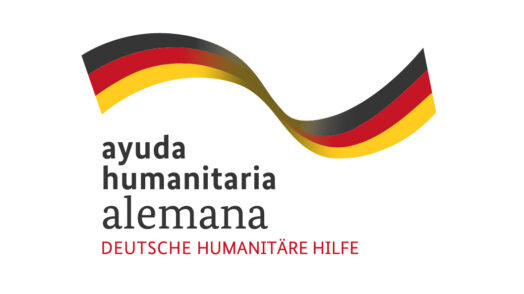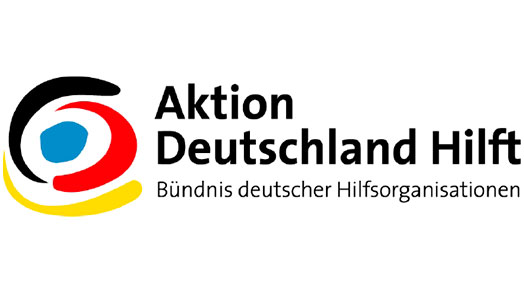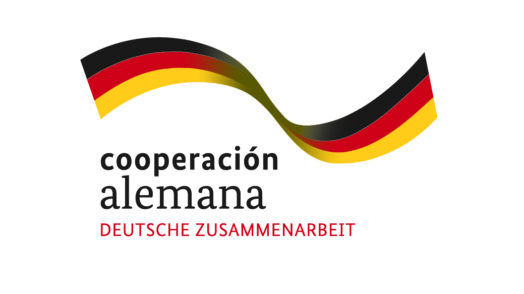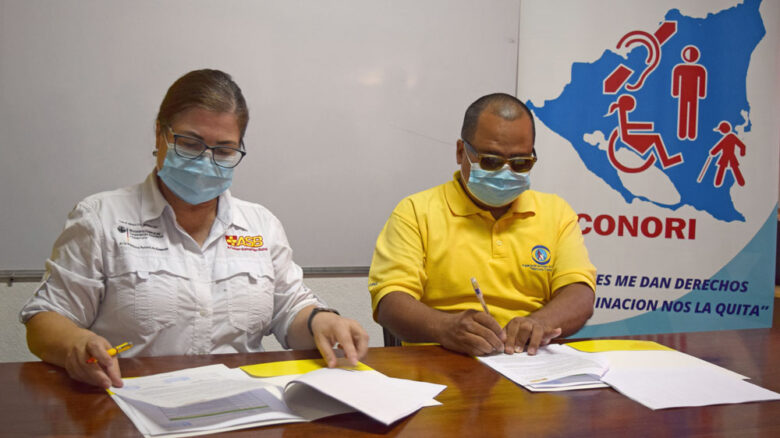
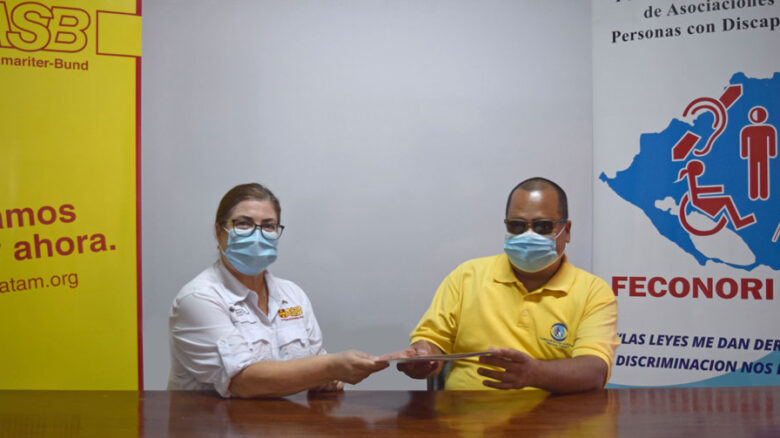
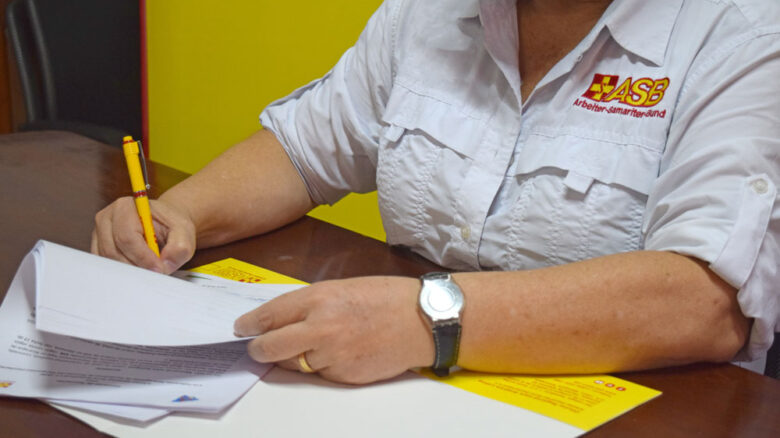
Placing persons with disabilities at the center of humanitarian preparedness and response
The project contributes to compliance with the Sendai Framework, as well as to the implementation of the IASC Guidelines on the inclusion of persons with disabilities in humanitarian action.
Within the framework of the project "Placing persons with disabilities at the center of humanitarian preparedness and response: Building and strengthening capacities in the field of inclusive humanitarian action and inclusive disaster preparedness through the active participation of persons with disabilities", the signing of the partnership agreement between ASB and the Federation of Persons with Disabilities (FECONORI) took place in a small meeting where ASB's Director for Latin America, Montserrat Julve and FECONORI's Director, David Lopez, participated.
The project contributes to compliance with the Sendai Framework, as well as to the implementation of the IASC (Inter-Agency Standing Committee) Guidelines on the Inclusion of Persons with Disabilities in Humanitarian Action. This will be achieved by implementing measures for the inclusion of persons with disabilities in humanitarian preparedness and humanitarian aid at global and national levels in selected countries and by testing promising and innovative approaches at the local level.
It focuses on strengthening the capacities of key humanitarian and disaster preparedness and humanitarian actors and organizations of persons with disabilities, both governmental and non-governmental, at global and national levels, in the field of inclusive humanitarian preparedness and action. National and local components are implemented in particularly disaster-prone countries in Africa (Niger, Zimbabwe, Uganda), Asia (Bangladesh, Indonesia, Myanmar) and South and Central America (Colombia, Nicaragua). Local partners, as well as local organizations of persons with disabilities in particular, will be actively involved in the implementation of all measures.
The project includes activities at national and local level in eight countries:
Africa: Níger, Uganda, Zimbabue
Asia: Bangladesh, Indonesia, Myanmar
Central and South-America: Colombia, Nicaragua
In addition, the project will implement activities at regional and global level.

